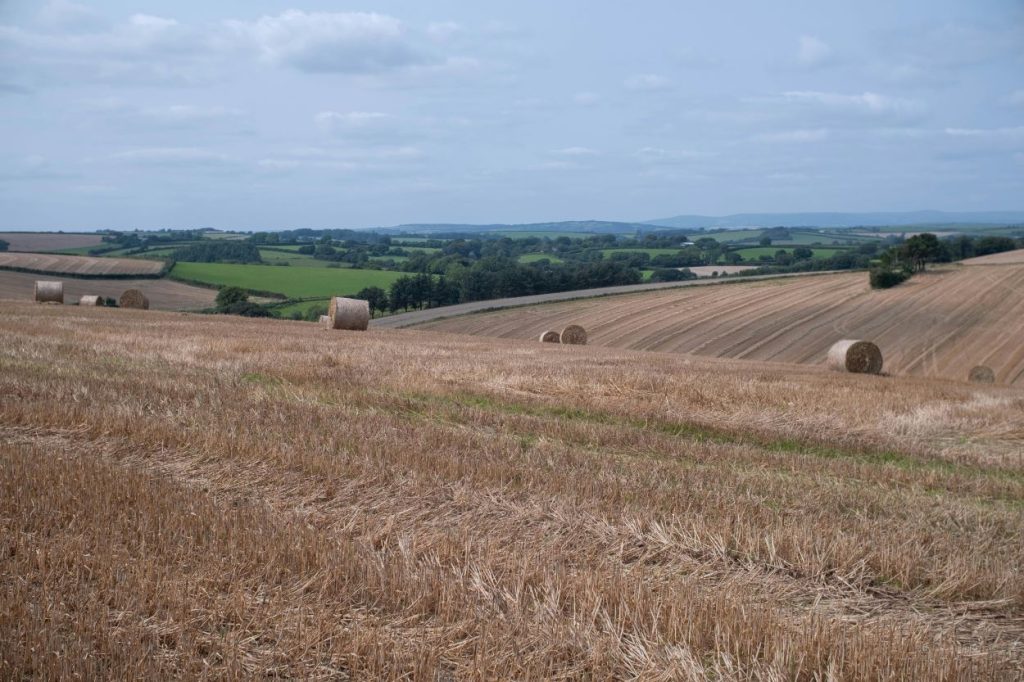Succession planning and talking money with your Children: Key Considerations
21 February 2025
If you’ve watched HBO’s hit series Succession, you’re familiar with the cut throat drama surrounding the Roy family as they grapple with who will inherit the helm of their media empire. While their backstabbing and power plays make for compelling television, the show highlights a very real-world issue: the importance of clear and strategic succession planning.
Whether you’re managing a family business or organising your personal estate Succession planning is a critical process for ensuring that a family’s wealth, business or assets are passed down smoothly and responsibly across generations. While many focus on business continuity and the legal framework of estate planning, an often-overlooked aspect is how to talk about money with your children. The financial decisions that shape the future of your estate and assets can be complex, but an open dialogue can foster understanding and ensure that your legacy is carried on with care and responsibility. In this article, Godwins’ Andrew Neal explores how proper legal frameworks, clear communication, and foresight can ensure a seamless transfer of leadership and assets, avoiding the chaos and uncertainty we see in Succession.
Why Succession planning matters
Succession planning serves as a roadmap for passing on wealth and assets to the next generation. Whether you are transferring a family-owned business, property, investments, or a combination of these, it’s essential to have a plan in place. Proper planning helps reduce the risks of disputes, taxes, and the potential disruption of the family’s wealth.
For many, succession is not just about transferring money; it’s about passing on values, goals, and family traditions. It involves decisions that align not only with legal and financial strategies but also with the family’s vision for the future. That’s where open conversations about money come into play.
The importance of talking about money with your children
When succession planning involves significant financial assets, children may feel entitled, anxious, or even uncertain about their role in managing the wealth. Having frank discussions about money can de-mystify the process and reduce any negative emotions or assumptions. Here are a few key points to keep in mind when broaching the topic:
- Start early and foster financial literacy
The earlier you start talking about money with your children, the more prepared they’ll be to manage it when the time comes. Teach them the basics of financial literacy, such as budgeting, saving, investing, and understanding taxes. Having a well-rounded grasp of personal finance will empower them to make informed decisions.
Children who understand the value of money are more likely to respect the family’s wealth and approach it with the responsibility it requires. If a business is involved, offering them a role or involvement, even in a minor way, this can help them develop a connection with the family’s financial legacy.
- Discuss values and expectations, not just assets
Money discussions often focus solely on numbers—how much is there, who gets what, and when it will be transferred. However, it’s crucial to also talk about your values and expectations. Discuss why certain assets are being passed on, what you hope your children will do with the wealth, and the impact you want to create. For example, if philanthropy is important to your family, consider incorporating charitable giving into your succession planning.
You should also set clear expectations regarding the management and stewardship of family assets. Will children be expected to manage a family business, maintain investments, or preserve the family home? Setting these expectations early helps children understand their roles and avoid surprises.
- Be transparent about your plan
Transparency is key to preventing misunderstandings and resentment down the line. Clearly communicate the details of your succession plan, including the division of assets, any trusts, and how decisions will be made. If there are any contingencies, such as conditions tied to inheritances or the future of a business, explain them clearly.
In addition, be open to feedback and discussions. Your children may have questions, concerns, or ideas about how things should unfold, and addressing them proactively can prevent conflict in the future.
- Consider the emotional impact
Money can carry a heavy emotional weight, especially when family dynamics are involved. Sibling rivalry, differing values, or even jealousy can arise. It’s important to acknowledge the potential emotional impact of your decisions and ensure that your children are prepared to manage these feelings.
Encourage family meetings with an estate planner or financial advisor, or consider involving a neutral third party to mediate discussions. This provides an opportunity for everyone to express their thoughts and ensures that the plan remains fair and well-understood by all parties.
- Review and update the plan regularly
Family dynamics and financial situations can change, so it’s essential to regularly review and update your succession plan. Life events, such as births, marriages, or the introduction of new family members, may require adjustments to the plan. Periodic discussions help to keep the plan relevant and allow everyone to stay aligned on goals and expectations.
Conclusion
Succession planning is as much about communication as it is about numbers. Talking openly and regularly with your children about money and your intentions for passing on wealth not only prepares them for the responsibility but also fosters a sense of trust and unity. By considering financial literacy, values, expectations, and emotional dynamics, you can create a legacy that benefits future generations while minimising the conflict and confusion as seen in the TV series.
Do get in touch with the Godwins team if you have any questions about Succession planning.










